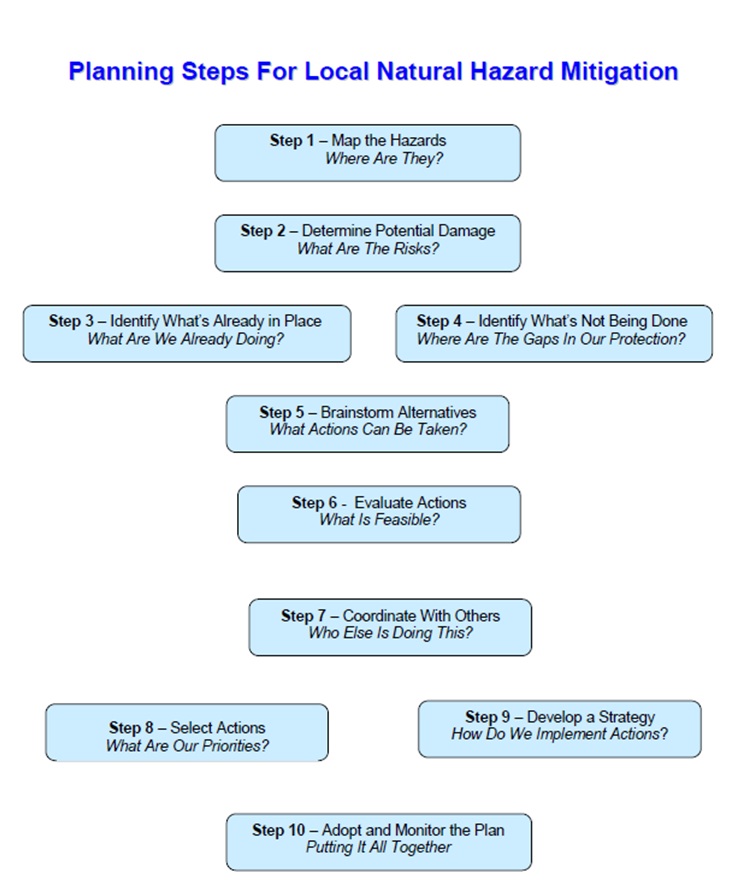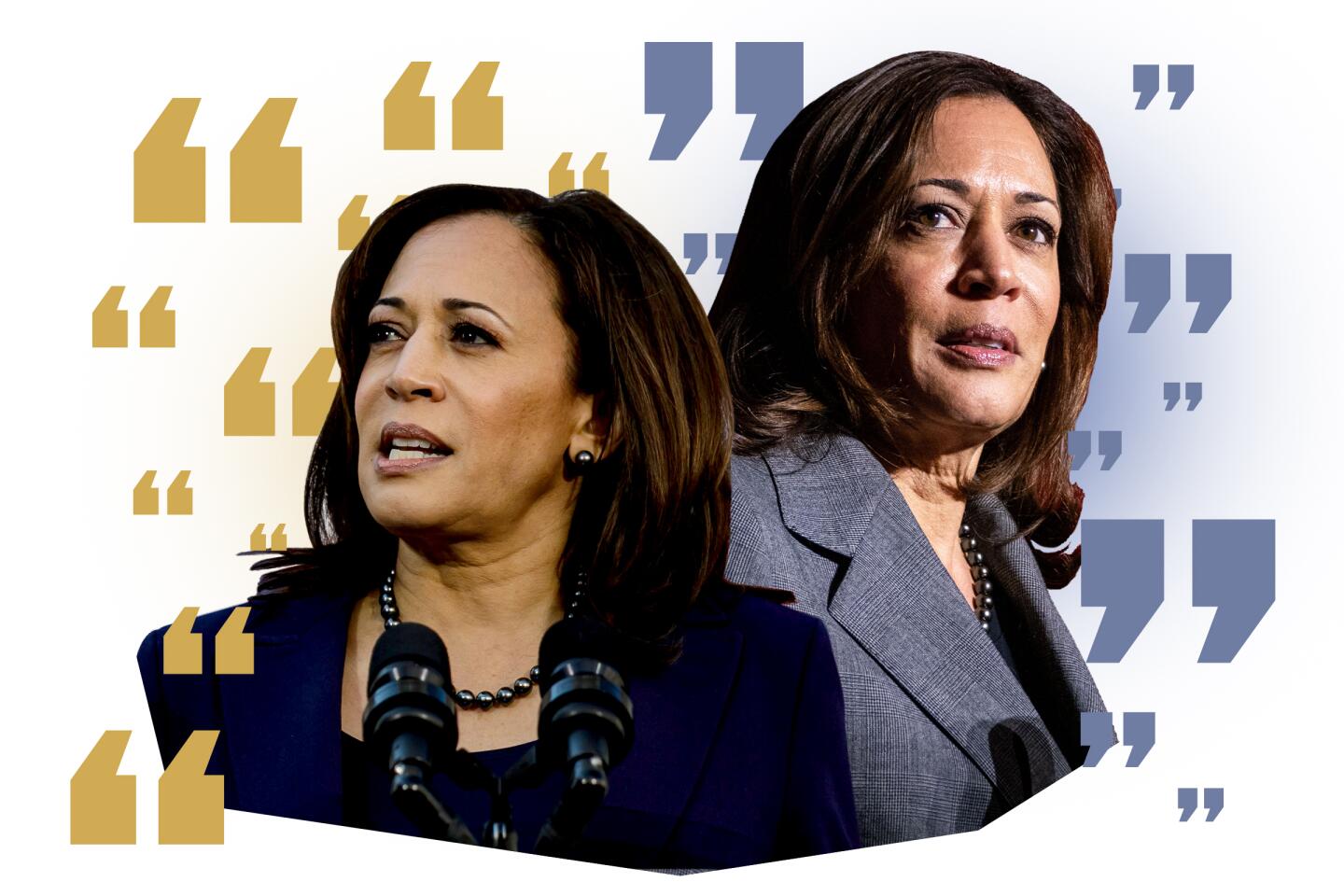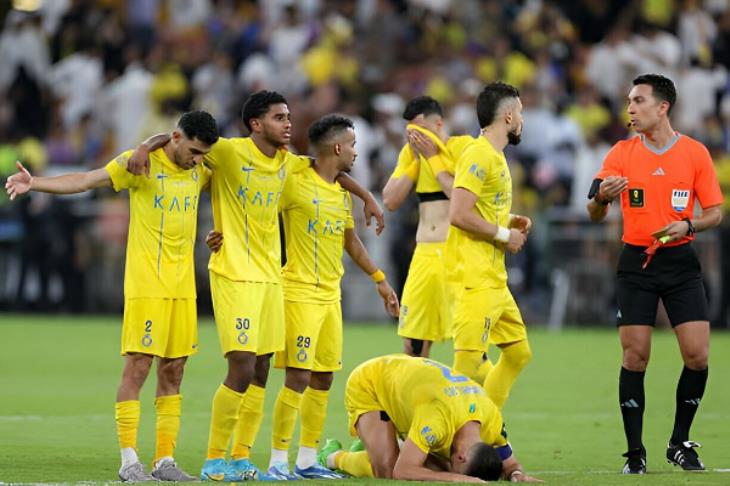Lack Of Police Accountability: Campaigners' Urgent Concerns

Table of Contents
Insufficient Internal Investigations and Disciplinary Actions
Internal affairs units, designed to investigate allegations of police misconduct, often fall short of their intended purpose. These units frequently lack independence, suffer from inherent biases, and conduct inadequate investigations, allowing culpable officers to escape accountability. Cases are often dismissed, investigations are poorly conducted, and even when misconduct is proven, punishments are insufficient to deter future wrongdoing. This lack of effective internal oversight contributes significantly to the broader problem of lack of police accountability.
- Lack of transparency: The investigative process is often shrouded in secrecy, hindering public scrutiny and undermining trust.
- Insufficient punishment: Even when misconduct is confirmed, penalties are often lenient, ranging from minor reprimands to short suspensions, failing to reflect the severity of the offenses.
- Retaliation against whistleblowers: Officers who report misconduct often face retaliation, creating a culture of silence and hindering the pursuit of justice.
- High dismissal rate: A significant percentage of complaints are dismissed without proper investigation, further eroding public confidence.
Limited Civilian Oversight and Independent Review Mechanisms
The need for independent bodies to investigate allegations of police misconduct is paramount. While some jurisdictions have civilian oversight boards, their effectiveness is often hampered by limited powers, inadequate resources, and insufficient independence. These boards frequently lack the authority to impose meaningful sanctions, leaving them largely powerless to hold officers accountable. Alternative models, such as community review boards or independent prosecutors, could offer a more effective pathway towards improved police accountability.
- Lack of sanctioning power: Many civilian oversight bodies can only make recommendations, lacking the power to enforce disciplinary actions.
- Limited resources and staffing: Understaffed and underfunded oversight boards struggle to effectively investigate the numerous allegations they receive.
- Insufficient public access to information: Lack of transparency regarding investigations and outcomes further undermines public trust.
- Inadequate representation: Oversight boards often lack adequate representation from marginalized communities disproportionately affected by police misconduct.
Inadequate Data Collection and Transparency on Police Misconduct
The absence of comprehensive data on police misconduct severely hinders efforts to understand patterns, trends, and systemic issues. Without reliable data, it's impossible to identify problem areas, measure the effectiveness of reforms, and hold departments accountable for their performance. Transparent reporting of misconduct statistics is critical for building public trust and informing policy changes that promote police accountability.
- Lack of standardized data collection methods: Inconsistent data collection across different jurisdictions makes meaningful comparisons and analysis extremely difficult.
- Incomplete reporting of incidents: Many incidents of police misconduct go unreported, creating a skewed picture of the reality on the ground.
- Difficulties accessing public records: Obtaining information on police misconduct can be a protracted and difficult process.
- Limited data analysis: Even when data is collected, it's often not analyzed effectively to identify underlying problems and inform policy decisions.
Legal Barriers and Qualified Immunity
Legal protections afforded to police officers, such as qualified immunity, create significant barriers to accountability. Qualified immunity shields officers from liability in civil lawsuits unless their conduct violates clearly established statutory or constitutional rights. This high bar for proving misconduct makes it extremely difficult for victims to seek justice and contributes significantly to the lack of police accountability.
- High burden of proof: Victims must prove not only that an officer acted wrongly but also that the officer violated clearly established law.
- Difficulty proving malice or intent: Even with clear evidence of misconduct, it can be difficult to prove that an officer acted with malice or intent, a key requirement in many cases.
- Limited financial resources: Pursuing legal action against police officers can be incredibly expensive, making it inaccessible to many victims.
- Long and complex legal processes: Civil lawsuits against police officers are often lengthy and complex, requiring significant time and resources.
Campaigners' Demands for Reform and Systemic Change
Campaign groups advocating for improved police accountability are demanding sweeping reforms. Their strategies encompass increased transparency, strengthened civilian oversight, changes to legal frameworks, improved training and recruitment, and community-based policing strategies. These groups recognize that achieving meaningful police accountability requires a multi-pronged approach addressing systemic issues.
- Increased transparency and data collection: Demand for mandatory, standardized data collection and public access to this information.
- Strengthened civilian oversight mechanisms: Calls for independent investigative bodies with real power to impose sanctions.
- Legal reforms: Advocating for changes to qualified immunity and other legal protections that hinder accountability.
- Improved training and recruitment: Emphasis on de-escalation techniques, bias training, and community engagement.
- Community-based policing strategies: Promoting police-community partnerships to build trust and address underlying issues.
Conclusion: Addressing the Urgent Need for Police Accountability
The lack of police accountability is a crisis demanding immediate and comprehensive reform. Internal investigations are frequently inadequate, civilian oversight is often weak, data transparency is lacking, and legal protections frequently shield culpable officers. Campaigners are rightly demanding systemic change, including increased transparency, strengthened oversight, legal reforms, and improved training. Restoring public trust requires a fundamental shift in how we hold law enforcement accountable. We must demand better. Contact your elected officials, support organizations working for police reform, and join the fight to ensure police accountability for a safer, more just society. Improving police accountability is not just a campaign; it's a moral imperative.

Featured Posts
-
 Ai And Process Safety A Patent For Enhanced Hazard Mitigation
Apr 30, 2025
Ai And Process Safety A Patent For Enhanced Hazard Mitigation
Apr 30, 2025 -
 Is Kamala Harris Returning To Politics A Look At Her Future Plans
Apr 30, 2025
Is Kamala Harris Returning To Politics A Look At Her Future Plans
Apr 30, 2025 -
 Akhbar Meashat Abryl 2025 Mwed Alsrf Alrsmy L 13 Mlywn Mwatn
Apr 30, 2025
Akhbar Meashat Abryl 2025 Mwed Alsrf Alrsmy L 13 Mlywn Mwatn
Apr 30, 2025 -
 Hl Tshkl Arqam Jwanka Thdyda Hqyqya Lnady Alnsr
Apr 30, 2025
Hl Tshkl Arqam Jwanka Thdyda Hqyqya Lnady Alnsr
Apr 30, 2025 -
 X Files Ryan Coogler Reinventera La Serie Cult
Apr 30, 2025
X Files Ryan Coogler Reinventera La Serie Cult
Apr 30, 2025
